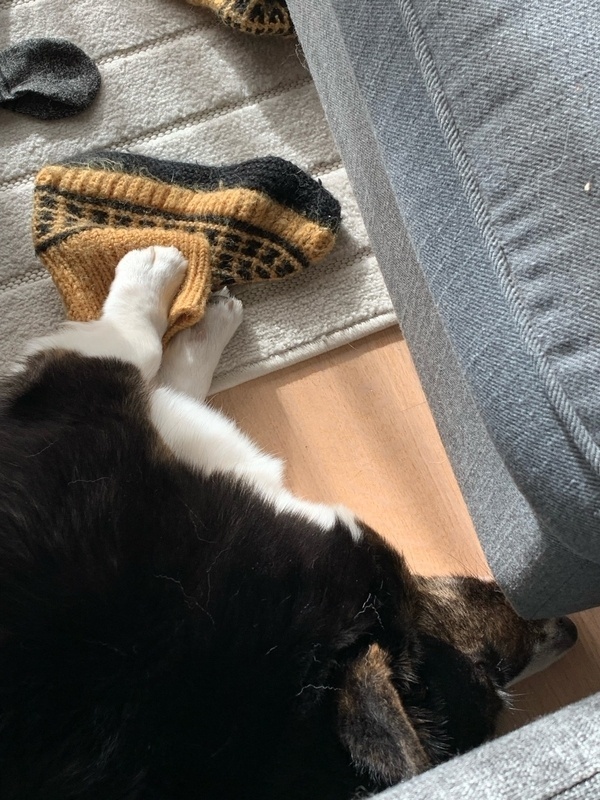DailyDogo 1049 🐶
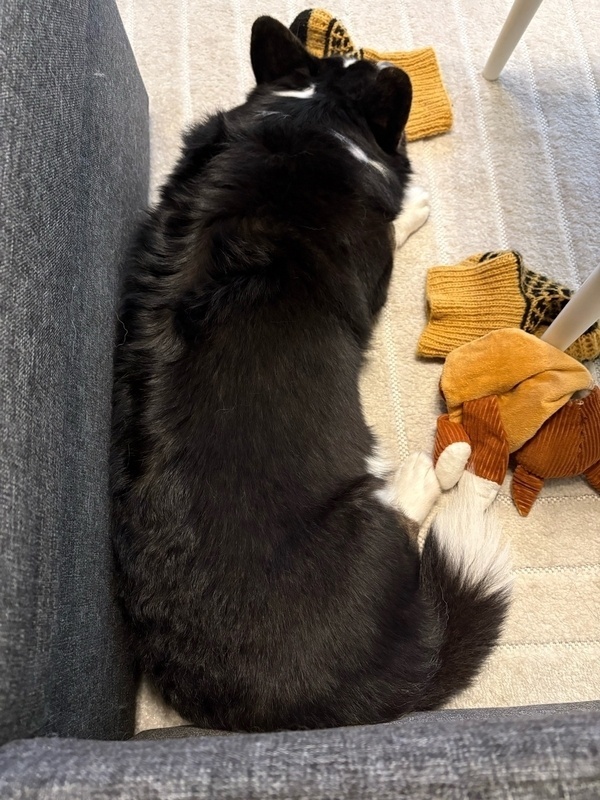
DailyDogo 1049 🐶

The new fridge is here. After weeks of living with a replacement fridge in the home office room it’s time for a properly sized fridge in the kitchen once more. 🥳
First Day of using DayOne again after my latest entry before that was from April 2018. But I yearn for a more prosaic and removed writing environment for my diary. Obsidian is my work horse, but I’d like to explore using a dedicated journaling app.
Gurman: Apple to Launch New M4 Macs and iPad Mini 7 on November 1
A new mini would be great. Here’s hoping that a new mini also gets a keyboard case/stand. I’m not actually in the market for a new iPad (I have a mini and the smaller M1 pro), but when it’s time I would want to go with a mini again.
DailyDogo 1048 🐶
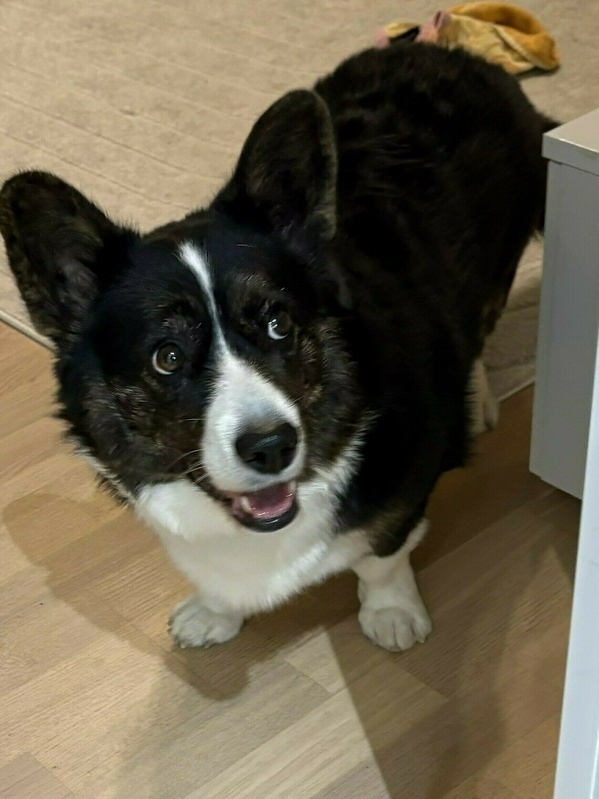
DailyDogo 1047 🐶
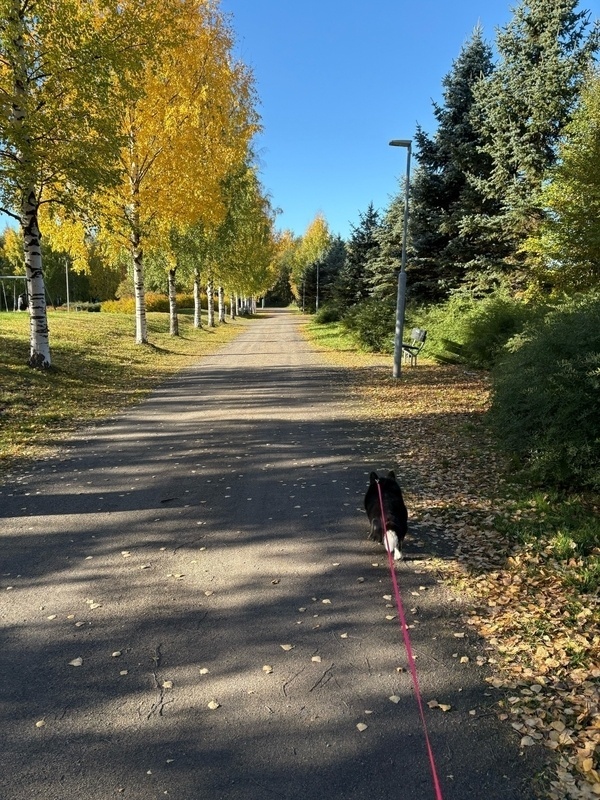
DailyDogo 1046 🐶
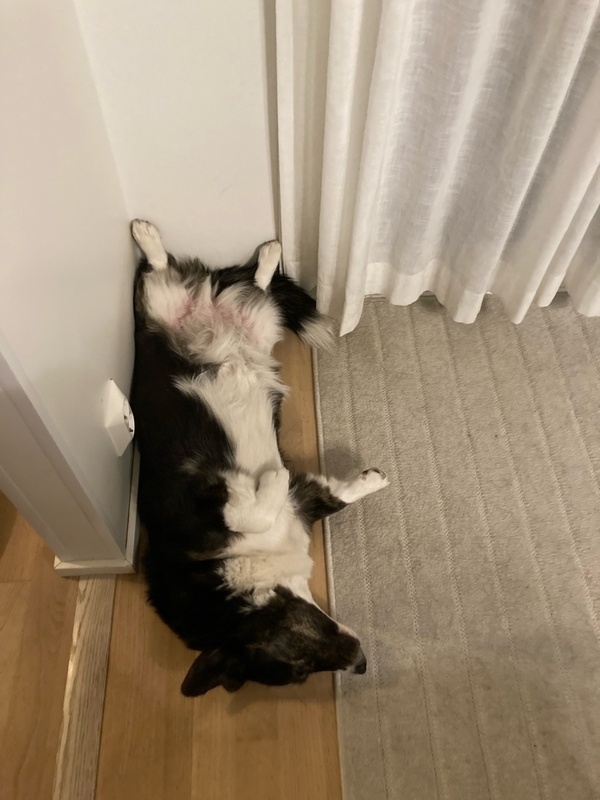
I’m probably in the minority, but I actually do like discord. I enjoy the more private community aspect that you get. That’s perfect for something like podcasts, streamer communities, etc.
A valid point of criticism is that if you have information that ought to be discoverable using a search engine and/or has archival value, that it shouldn’t be only available in these chat silos.
Still, I do appreciate the smaller scale and its semi-privateness quite a bit.
DailyDogo 1045 🐶
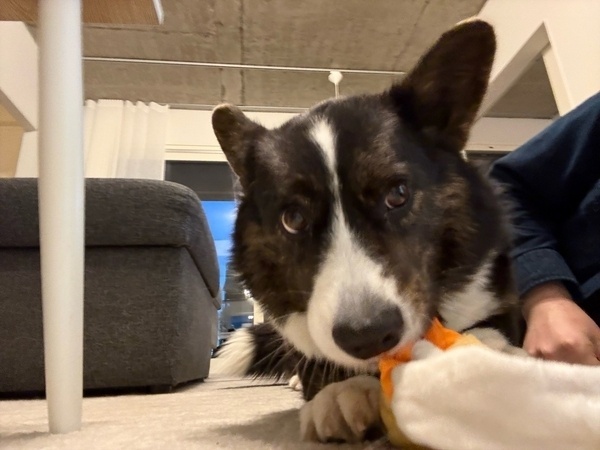
Really!? UPS Finland sent me a message basically saying “Your shipment is coming…”. I saw the notification, but didn’t bother to open it. Why would I? Well I finally got around to reading the whole thing and it says (not their exact words): “Your shipment is coming. If you don’t reply to us, we will drop off the package in some shop some distance away, instead of sending it to your original home address, where you’re comfy and content and expect the package to come. Oh and do so before 4 p.m. Oh it’s after 4 p.m.? Sucks to be you!”
DailyDogo 1044 🐶
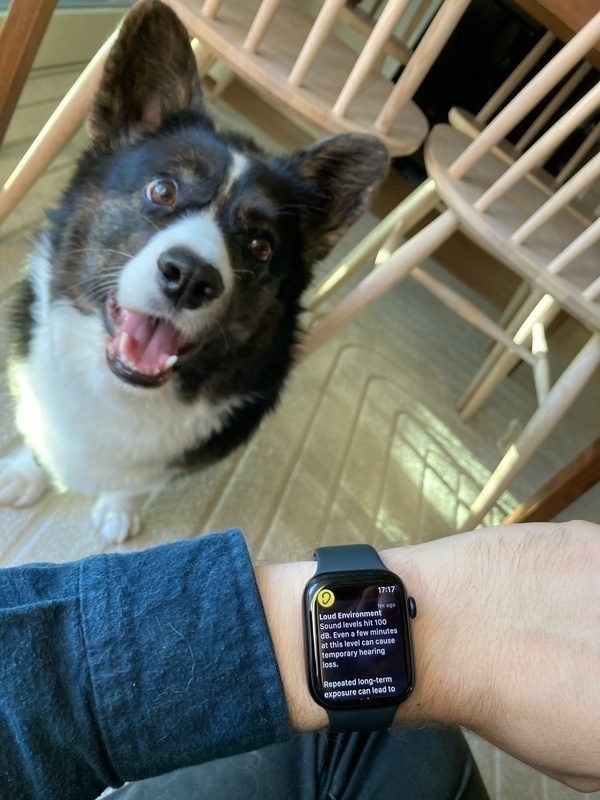
DailyDogo 1043 🐶
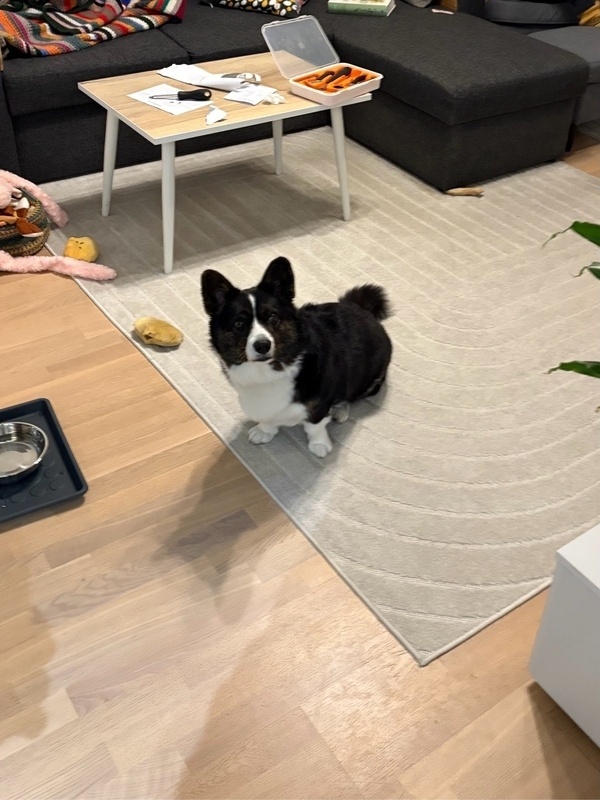
I LOVE me some small functions/methods. For work I am implementing a class that replaces occurrences of the German “SZ” ß/ẞ. Here are some of the methods:
Am I going too far? 😅 I feel that “mini methods” like these make code more understandable, because you only have to grok either the implementations or the composed logical blocks, but not both at the same time. Also stack traces become better and debugging is easier.
DailyDogo 1042 🐶

I am almost reluctant to write this down (because some people might not be able to use this tip), but: Do not underestimate the power of screenshots in your own private notes! Instead of writing things down twice - or even copy & pasting, consider a screenshot for some of your things - especially those that profit from a little visual context.
What I didn’t consider when trying to write more posts originating from my blog: What if I want to refer to another mastodon post? What if I want to create a little thread?
And how funny that this post even briefly appeared in my “Popular & Trending…” tab in Ivory.
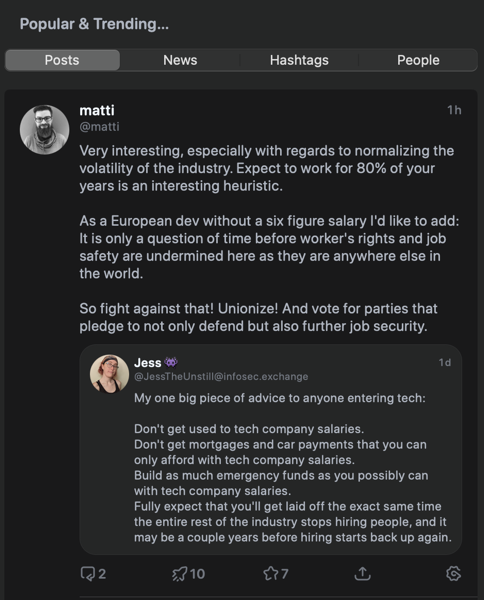
Back to posting from my blog first and crossposting - transparently - to Mastodon. It seems worth it to me to do it like that and have my posts originate from my blog. Will anybody else but me care? Probably not. But I do.
DailyDogo 1041 🐶
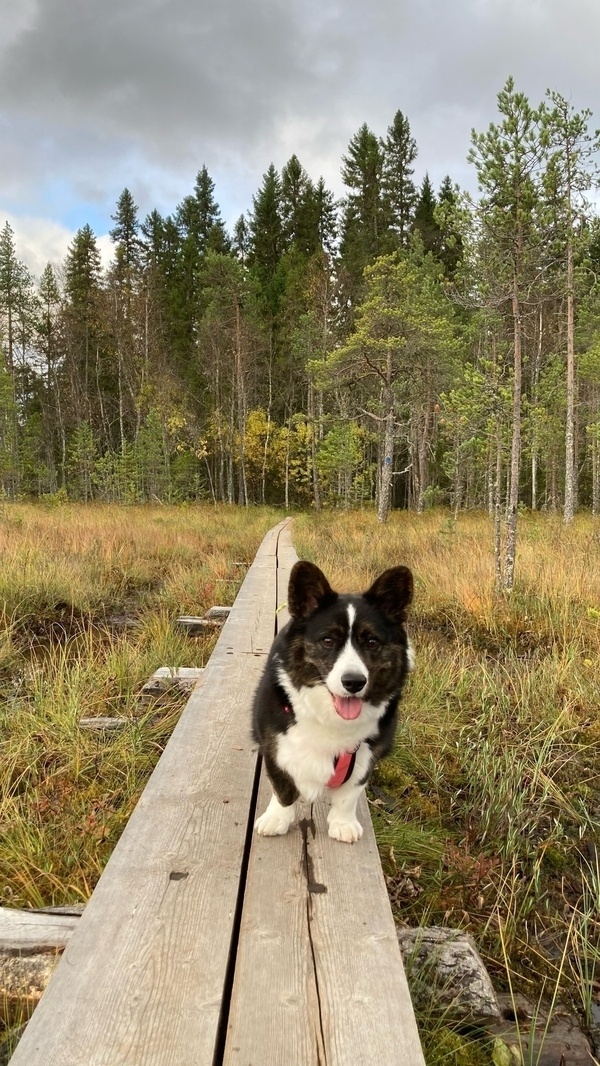
DailyDogo 1040 🐶
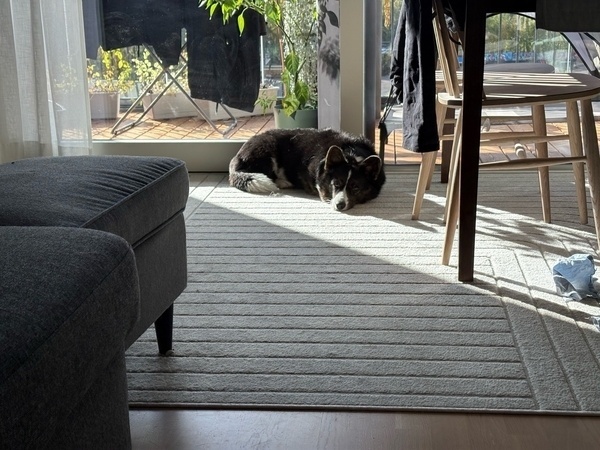
DailyDogo 1039 🐶
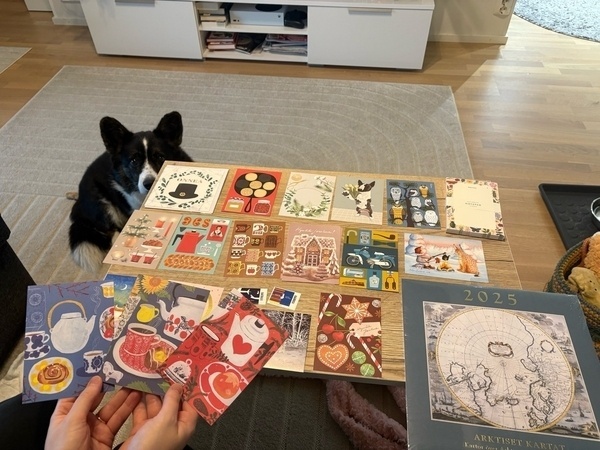
DailyDogo 1038 🐶

DailyDogo 1037 🐶
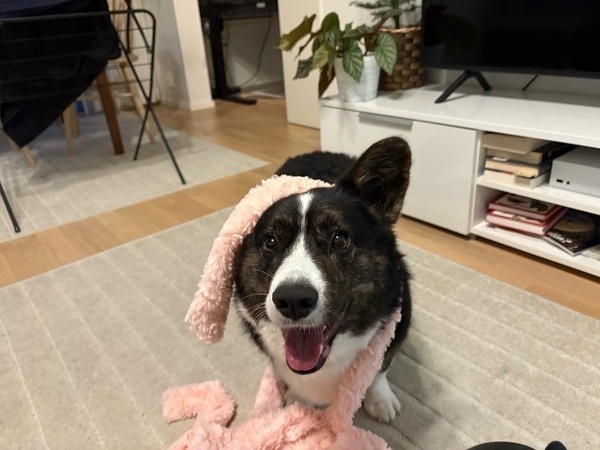
DailyDogo 1036 🐶
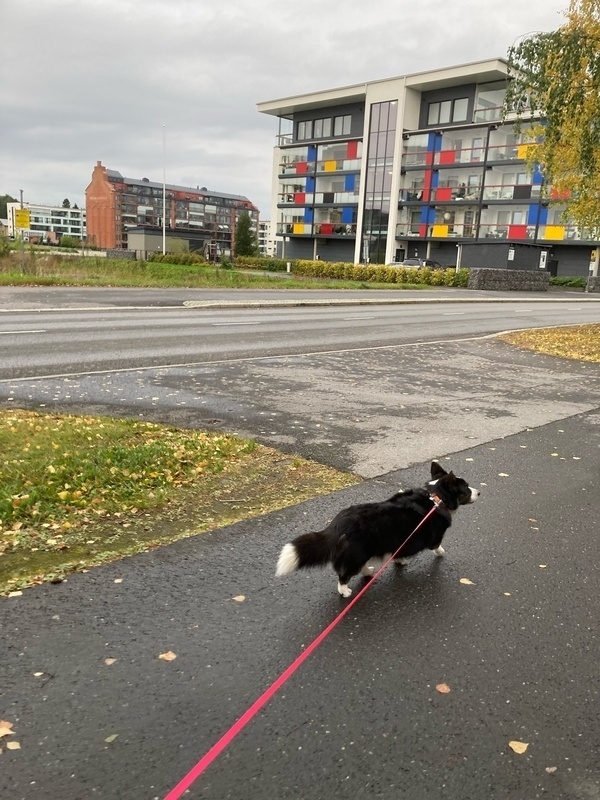
DailyDogo 1035 🐶
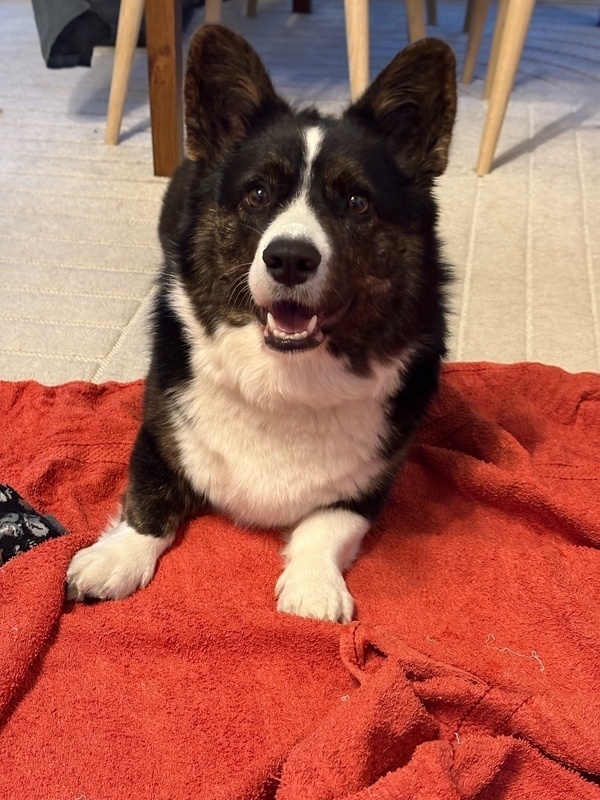
DailyDogo 1034 🐶
